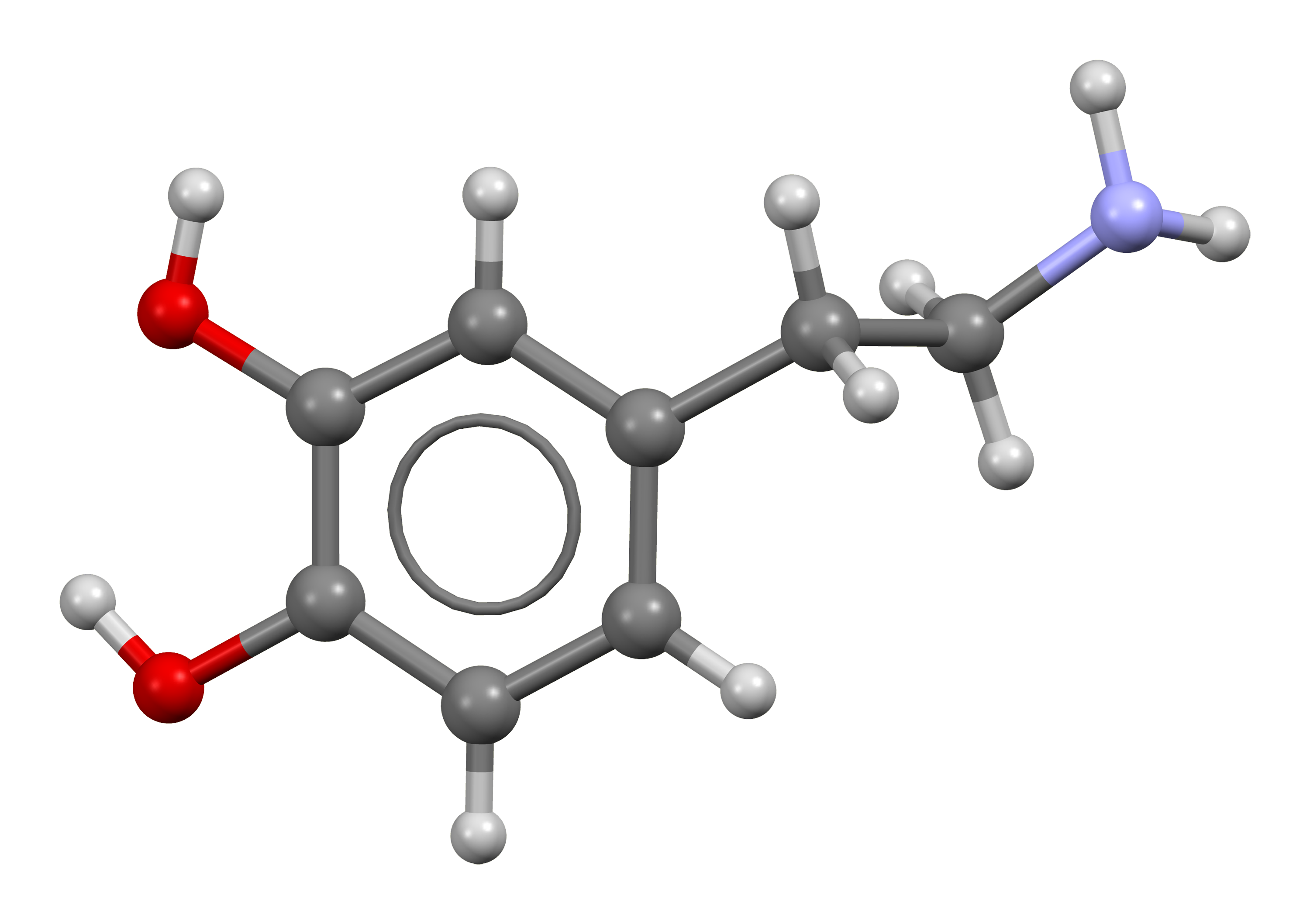Introduction to Dopamine
- Introduction to Neurotransmitters
- The Role of Dopamine
- The Role of Serotonin
- Interplay of Dopamine and Serotonin
- Competing Actions
- Collaborative Actions
- Conflicting Actions on Same Behaviors
- Complexity in Neuronal Combinations
- The Impacts of Therapeutic Drugs on Dopamine and Serotonin
- Dopamine, Serotonin and Mental Health
- Dopamine, Serotonin and Cognitive Functioning
- Settings, Synaptic Plasticity and Sensitization
- Prospects and Challenges in Dopamine & Serotonin Research
Interplay of Dopamine and Serotonin
The Dance of Dopamine and Serotonin

Organic chemical that functions both as a hormone and a neurotransmitter.
The human brain is a complex organ, and its functioning relies heavily on a delicate balance of chemicals known as neurotransmitters. Two of the most important neurotransmitters are dopamine and serotonin. These two chemicals play a crucial role in regulating our mood, motivation, and overall sense of well-being. Understanding their interaction is key to understanding many aspects of human behavior and mental health.
Dopamine and serotonin are often described as having a dance-like relationship. This is because they don't operate in isolation; instead, they interact and influence each other in a variety of ways.
Interaction Between Dopamine and Serotonin
Dopamine and serotonin are both produced in the brain and have different but overlapping roles. Dopamine is often associated with feelings of pleasure and reward, while serotonin is linked to mood regulation and feelings of well-being and happiness.
The interaction between dopamine and serotonin is complex. In some areas of the brain, dopamine can inhibit the production of serotonin, while in other areas, it can stimulate serotonin production. Similarly, serotonin can also influence dopamine levels. This intricate dance between the two neurotransmitters helps maintain a balance that is crucial for our mental and emotional health.
Impact on Mood Regulation
The balance between dopamine and serotonin is particularly important for mood regulation. Dopamine is responsible for our feelings of pleasure and reward. It motivates us to seek out and engage in activities that bring us joy and satisfaction. On the other hand, serotonin helps to regulate our mood and promote feelings of contentment and well-being.
When the balance between these two neurotransmitters is disrupted, it can lead to mood disorders. For example, low levels of serotonin are associated with depression, while an overactive dopamine system can lead to mania.
Impact on Behavior
The interaction between dopamine and serotonin also has a significant impact on our behavior. Dopamine drives us to seek rewards and reinforces behaviors that lead to pleasure. Serotonin, on the other hand, helps to inhibit impulsive behavior and promotes feelings of satisfaction and contentment.
When the balance between dopamine and serotonin is off, it can lead to a range of behavioral issues. For instance, low levels of serotonin can lead to increased impulsivity and aggression, while high levels of dopamine can lead to risk-taking behavior and addiction.
In conclusion, the dance between dopamine and serotonin is a complex but crucial aspect of our brain chemistry. Understanding this interaction can provide valuable insights into human behavior and mental health, and can guide the development of treatments for a range of mental health disorders.